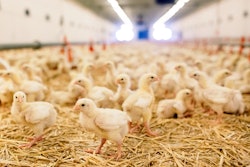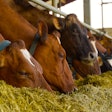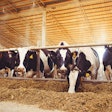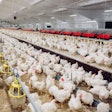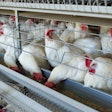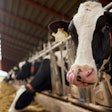
Finding a balance between global and local business can offer long-term sustainability to many beleaguered animal nutrition companies.
In the glory years of globalization, international companies – most of which started as small local businesses – made a fortune trading all kinds of goods around the globe.
Now that we see there is a negative side to globalization (trade wars, currency wars, African swine fever, coronavirus), I believe it is high time to rethink our strategy. This applies to all sectors of business, and the more so to the animal nutrition industry, which depends heavily on importing small inclusion rate ingredients from one country to distribute almost to the rest of the planet.
I say this without much qualification besides being part of this industry for 30-plus years now: Perhaps it is time to look back to the neglected local farmer/producer – those who had to endure high supplier costs only because large (often international) producers required paper-thin margins to give their business to the lowest bidder. Such business philosophy (along with many restrictions imposed by legislation) have driven the small and medium farmer away from the business of animal production. It is no wonder why large – rather, super huge – animal producers have no problem ditching animal protein for vegetable protein. One only has to look at the mainstream media to see our own industry advocating alternative meat-like products as inevitable or even business enticing.
So, I suggest we get back to our roots, selling nutrition that makes sense to local farmers at reasonable prices. We can also advocate our politicians to lend a helping hand, understanding we cannot impose restrictions on local farmers only to see them go and import the same products from countries that don’t follow such restrictions. If you don’t believe me, ask Great Britain, which imposed impossible welfare restrictions to their pig producers only to see pig production wiped out and replaced by cheap imports of pork from countries that do not even have good welfare standards for their own citizens.




